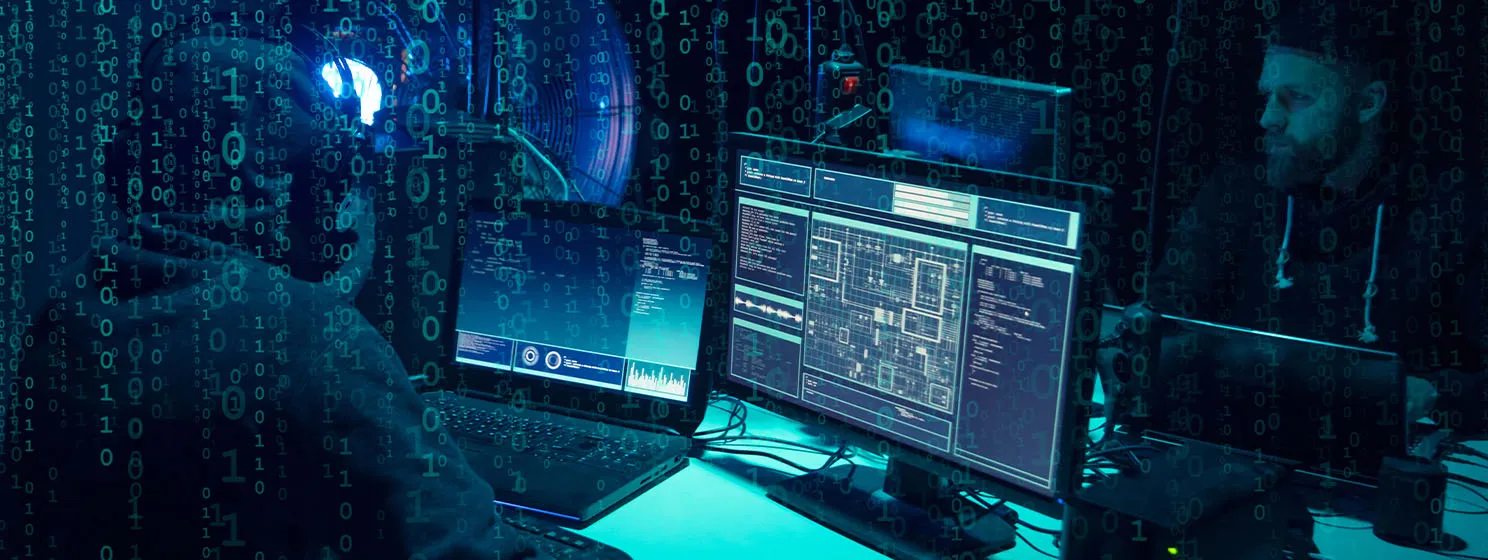|
Getting your Trinity Audio player ready...
|
A new bill that gives United Kingdom authorities new tools to fight fraud, including the ability to seize digital assets under court orders, has been signed into law.
Known as the Economic Crime and Corporate Transparency Bill, the legislation amends several acts to, among other things, insert digital asset-related definitions and mechanisms to extend existing powers to the digital asset context. Chief among these are amendments to the Proceeds of Crime Act 2002, which allows for court restraining orders to be issued and used by authorities to seize property.
Of particular note are amendments that address the nuances posed by digital asset technology. Authorities can apply to courts directly for orders relating to digital asset exchanges hosting wallets containing crime-linked digital assets. This includes the ability to request that the court order exchanges to liquidate assets that are the subject of freezing orders, such as if authorities are concerned that the value of such assets will change in the near future.
It even carves out provisions for competing ownership claims over digital assets, requiring a court to satisfy itself as to the ownership of digital assets before it orders an exchange to liquidate them, for example.
The Act’s more general provisions will also impact the digital asset industry. It creates a new offense called “failure to prevent fraud,” which will hold large organizations criminally liable if they benefit from fraud committed by their staff. Given past examples of fraudulent conduct by exchange employees and the tendency for high-profile digital asset exchanges to plead ignorance when internal fraud is uncovered, the offense will potentially become a powerful tool for authorities holding non-compliant exchanges to account.
“I am committed to ensuring criminals do not profit from their offending, and this landmark act will help law enforcement clamp down on the tactics they use,” said Home Secretary Suella Braverman.
Grame Biggar, director general of the U.K.’s National Crime Agency, said: “This Act is long-awaited and welcome. For too long, criminals and corrupt elites have abused U.K. company structures to launder their illicit wealth; the new powers given to Companies House will help us tackle those who abuse our economy.”
“This Act also gives the National Crime Agency and police greater powers to seize and recover cryptocurrencies, and we welcome the creation of a criminal offense which holds organizations criminally liable if they fail to prevent fraud by their employees.”
The Act was originally introduced in September 2022 and precipitated the announcement of a wider plan by the government to clamp down on digital asset crime.
The new powers, many of which are addressed specifically to digital assets, are the latest signal that government authorities around the world have recognized the need to emphasize what has been true to many for years: that digital assets are subject to the same kinds of laws as any other kind of asset. It is the law that matters for ownership, not possession of keys.
This signal might, in turn, be taken as a positive sign for a landmark U.K. case expected to go to trial sometime in 2024, where it is argued that blockchain developers owe legal duties to the legal owners of digital assets that would compel them to restore access to those assets if they have been stolen or their keys lost.
Watch: Digital currency regulation and the role of BSV blockchain

 09-01-2025
09-01-2025 





